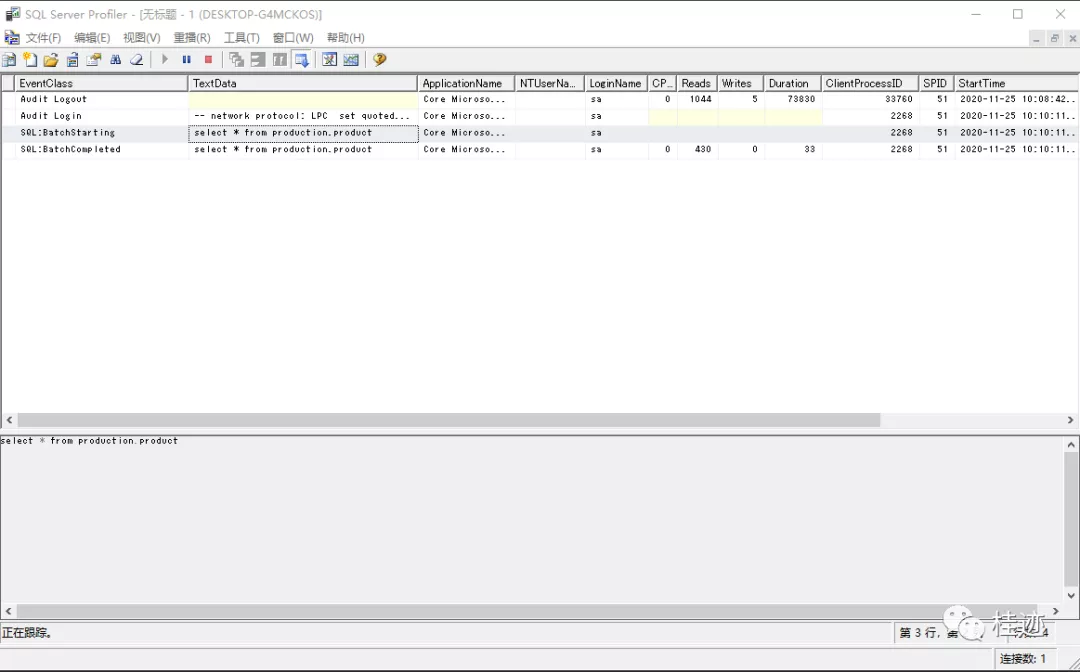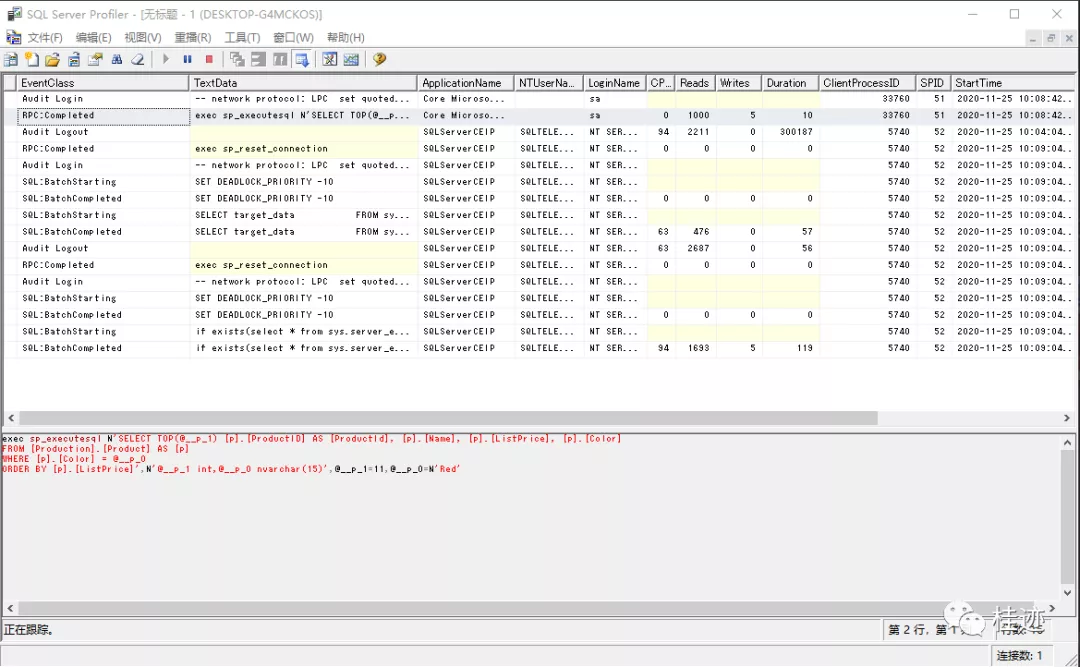GraphQL:和EntityFramework更配哦
GraphQL 既是一种用于 API 的查询语言也是一个满足你数据查询的运行时。GraphQL 对你的 API 中的数据提供了一套易于理解的完整描述,使得客户端能够准确地获得它需要的数据,而且没有任何冗余,也让 API 更容易地随着时间推移而演进,还能用于构建强大的开发者工具。
——出自 https://graphql.cn
对于查询,更多的时候,数据是在结构化数据库中,API服务通过ORM实现查询数据库,并且API以不同的url提供给外部调用;试想,我们如果通过ado.net来访问数据库的话,对于GraphQL的灵活查询方式,我们怎么通过一条语句完全适配?这是个难点,只能把全部的数据集查询出来,让graphql在内存筛选自己所需要的数据,这样的话,大量数据的集合很快就会把内存占完的,不可取,当然像dapper这种直接写sql的方式就不行了。
这时,EF的优势就显露出来了,其实EF本身是给后台程序员使用,封装了一组Linq表达式转sql的功能,这样后台程序员就不用关心sql语句了;这里,如果能把GraphQL和Linq打通,就可以实现GraphQL接口,后台开发也变的简单了;正好,天作一对,GraphQL碰上了EF,使两者变的“天衣无缝”。
Michael Staib也是这么做的,并且带来了HotChocolate,下面是一个GraphQL+EF(sql server)的案例。
添加Nuget包
HotChocolate.AspNetCore
HotChocolate.Data
HotChocolate.Data.EntityFramework
using HotChocolate;
using Microsoft.AspNetCore.Builder;
using Microsoft.AspNetCore.Hosting;
using Microsoft.EntityFrameworkCore;
using Microsoft.Extensions.Configuration;
using Microsoft.Extensions.DependencyInjection;
using Microsoft.Extensions.Hosting;
using Microsoft.Extensions.Logging;
namespace GraphQLDemo01
{
public class Startup
{
public Startup(IConfiguration configuration)
{
Configuration = configuration;
}
public IConfiguration Configuration { get; }
public void ConfigureServices(IServiceCollection services)
{
services.AddPooledDbContextFactory<AdventureWorks2016Context>(
(services, options) => options
.UseSqlServer(Configuration.GetConnectionString("ConnectionString"))
.UseLoggerFactory(services.GetRequiredService<ILoggerFactory>()))
.AddGraphQLServer()
.AddQueryType<Query>()
.AddFiltering()
.AddSorting()
.AddProjections();
}
public void Configure(IApplicationBuilder app, IWebHostEnvironment env)
{
if (env.IsDevelopment())
{
app.UseDeveloperExceptionPage();
}
app.UseRouting();
app.UseEndpoints(endpoints =>
{
endpoints.MapGraphQL();
});
}
}
}
案例数据库是用的sql server官方的demo数据库AdventureWorks,每个查询方法变的非常简单,只需要把对应实体集合返回即可,但返回值一定是IQueryabl<>,正是这个特点,让GraphQL与EF变的这么贴合。特性上增加了一个分页,考虑到数据量大,HotChocolate很贴心的带了分页。AdventureWorks生成的实体类和Context就不作显示了。
using System.Linq;
using HotChocolate;
using HotChocolate.Data;
using HotChocolate.Types;
namespace GraphQLDemo01
{
public class Query
{
[UseDbContext(typeof(AdventureWorks2016Context))]
[UseOffsetPaging]
[UseProjection]
[UseFiltering]
[UseSorting]
public IQueryable<Product> GetProducts([ScopedService] AdventureWorks2016Context context)
{
return context.Products;
}
[UseDbContext(typeof(AdventureWorks2016Context))]
[UsePaging]
[UseProjection]
[UseFiltering]
[UseSorting]
public IQueryable<Person> GetPersons([ScopedService] AdventureWorks2016Context context)
{
return context.People;
}
}
}
使用查询色彩为红色的产品,并且按listPrice排序
{
products(where: { color:{ eq:"Red"} } order:[{listPrice:ASC}]) {
items{
productId
name
listPrice
}
}
}
分页(UsePaging)查询person
{
persons( order: [{ businessEntityId: ASC }] after:"MTk="){
pageInfo{
hasNextPage
hasPreviousPage
startCursor
endCursor
}
nodes{
businessEntityId
firstName
middleName
lastName
emailAddresses{
emailAddressId
emailAddress1
modifiedDate
}
}
edges{
cursor
node{
businessEntityId
}
}
}
}
分页(UseOffsetPaging)查询产品
{
products( order: [{ productId: ASC }] skip:40 take:20){
pageInfo{
hasNextPage
hasPreviousPage
}
items{
productId
name
}
}
}
这些查询如果你跟踪sql语句的话,会发现生成的sql会限制查询范围,这样就能提高内存的使用率,当然这个功劳在EF,并不是GraphQL所要做的事,这也是ado.net和dapper类的ORM与GraphQL般配的原因。
相同的GrapQL,下图是dapper查询Product表的语句。

下图是EF生成的语句,EF生成的语句更精确。




 浙公网安备 33010602011771号
浙公网安备 33010602011771号